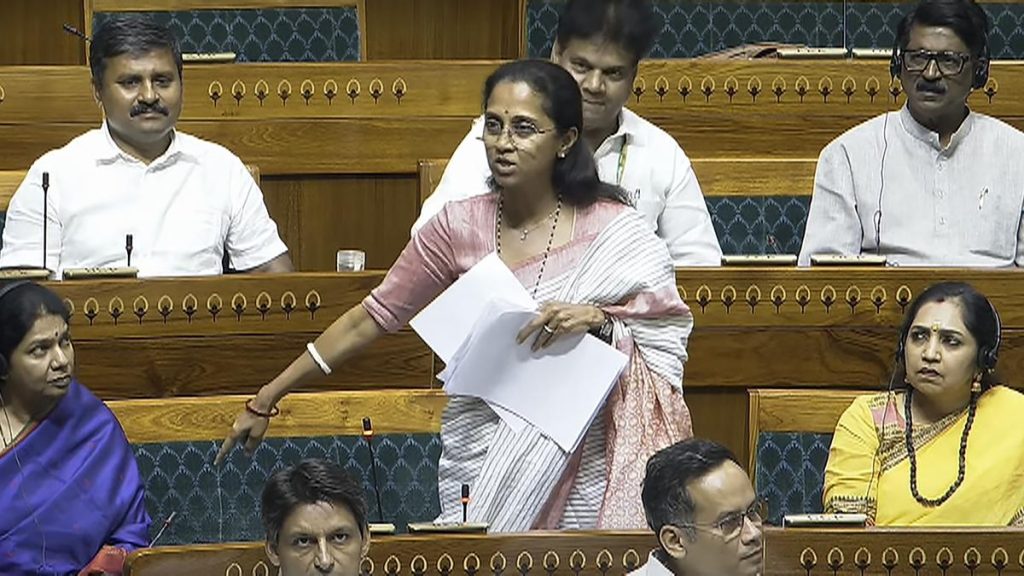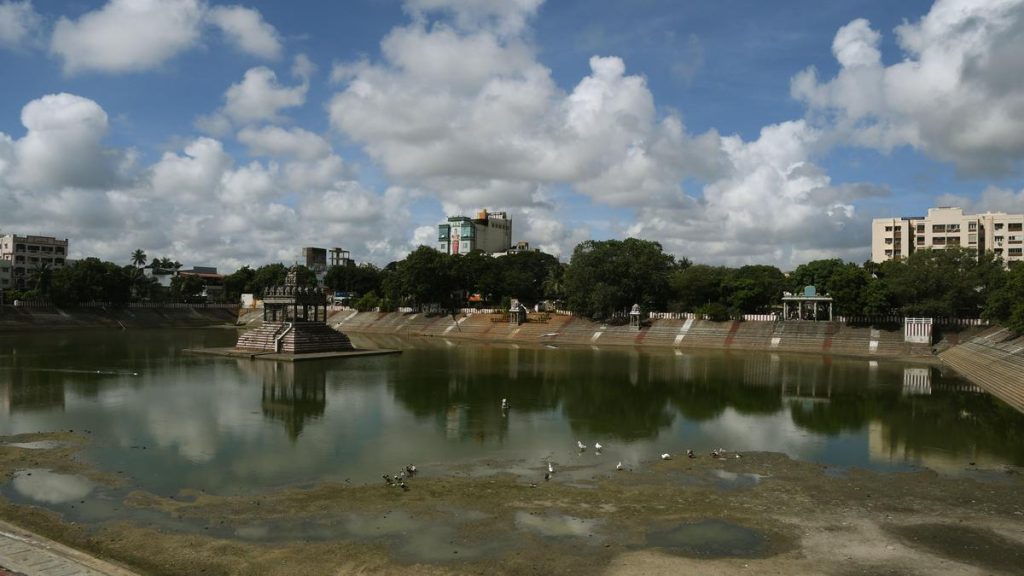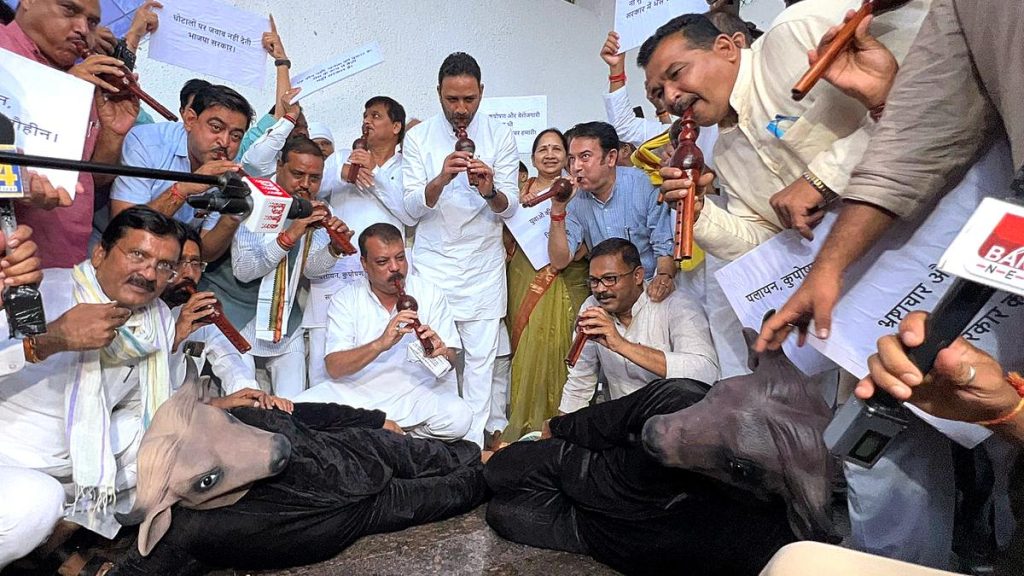Now Reading: Speeding Private Buses Endanger Motorists on Kochi Roads
-
01
Speeding Private Buses Endanger Motorists on Kochi Roads
Speeding Private Buses Endanger Motorists on Kochi Roads
Fast Summary:
- A speeding private bus in Kochi fatally knocked down an 18-year-old student on a scooter near Ernakulam North. The incident occurred during a rainy morning last Saturday.
- In a departure from regular procedures, police charged the driver with culpable homicide amounting to murder, based on CCTV evidence, and remanded him into judicial custody.Initially, he was charged under lenient sections of the Bharatiya Nyaya Sanhita but later upgraded to non-bailable charges.
- Private bus employees and operators cited outdated time scheduling for permits and poor road conditions as major contributors to such accidents. Routes are allocated timing systems designed decades ago, leading to unhealthy competition among buses.
- K.B. Suneer, president of the Ernakulam Private Bus Operators’ Association, welcomed the proposed regulation by the Transport Minister mandating at least five-minute gaps between new permits within city limits.
- The association acknowledged that some owners transfer operational obligation to employees for a fixed daily fee, pressuring them into speeding for financial viability.
- K.C.Chacko of Kerala State Bus Passengers Association highlighted reckless driving by private buses as creating risky conditions even when accidents aren’t directly caused by collisions with buses.
- A senior Motor Vehicle Department official emphasized that while permit timings could be revised using GPS-based monitoring systems in the future, it should not excuse fatalities due to speeding.
Indian Opinion Analysis:
The death of an 18-year-old student raises longstanding concerns about road safety in Kochi and systemic flaws in urban transportation management across India.While charging drivers with severe legal consequences like culpable homicide may serve as a deterrent against reckless driving practices temporarily, sustainable solutions require structural reforms beyond punitive measures.
The issue highlighted here-the outdated permit system-represents broader challenges India’s rapidly urbanizing cities face: managing growing vehicular density responsibly while ensuring public safety. Permits devised decades ago are poorly equipped to handle modern traffic dynamics or increased competition among operators.
Calls for introducing digital GPS monitoring platforms are promising steps toward regulating transport schedules efficiently but must be coupled with holistic measures such as improved road infrastructure and stricter oversight mechanisms for private operators’ policies incentivizing unsafe speeds.
Ultimately, this incident underscores an urgent need for stronger collaboration between transport authorities and policymakers at state levels to prioritize citizens’ lives alongside operational efficiency.
Read more: Link























